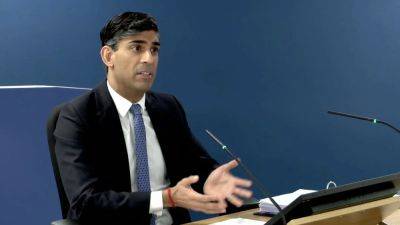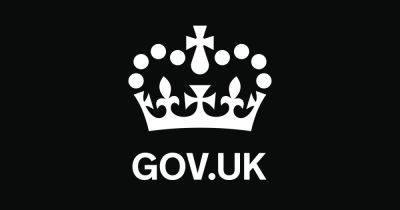Patients’ stories paint a vivid picture of antimicrobial resistance
Many countries have created action plans to tackle antimicrobial resistance, but relatively few of those plans are fully activated and adequately funded, a new WHO publication explains.
Above, a pediatrician screens a young patient for a respiratory tract infection in Armenia. ©WHO/Nazik ArmenakyanOut shopping one day, Vanessa Carter felt moisture on her cheek and looked in her rearview mirror.
She saw pus seeping from an area of her face where she had undergone reconstructive surgery after a road accident.“I kind of freaked out.
I hadn’t seen this before,” said Ms Carter, of South Africa. “They said to me, ‘Come in. This is an emergency. It must be an infection of the prosthetic."Over the following year Ms Carter’s infection would retreat and then rebound, eating away at her flesh as she consulted experts, received conflicting medical advice and ineffective treatments, and frantically searched online for answers.It took almost a year for her to get an accurate diagnosis: She had MRSA, a drug-resistant bacterial infection.
Read more on who.int














